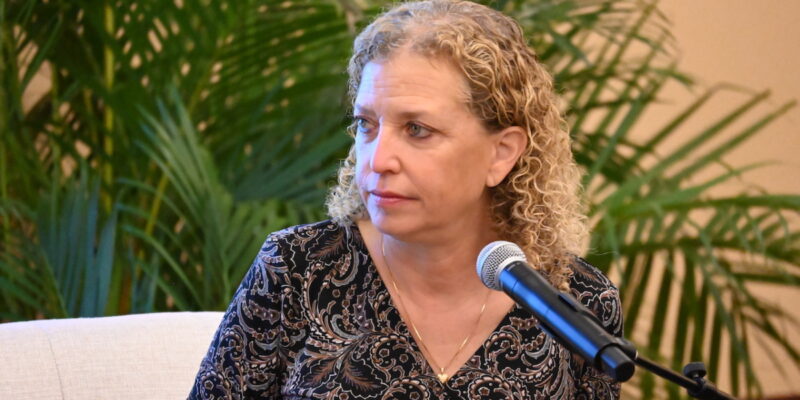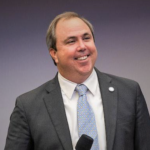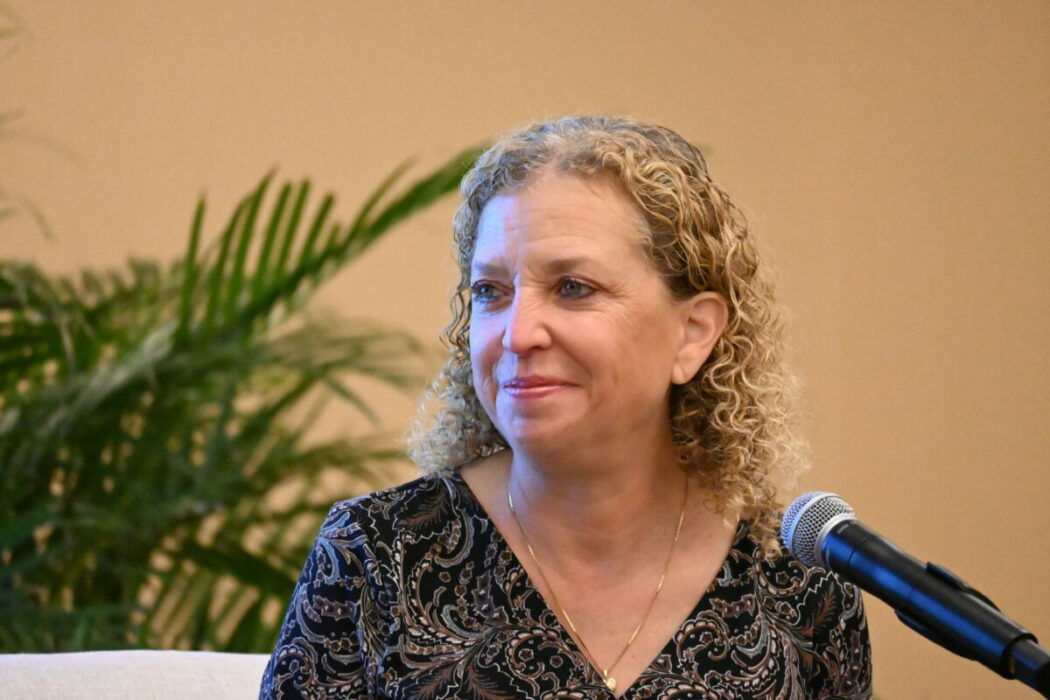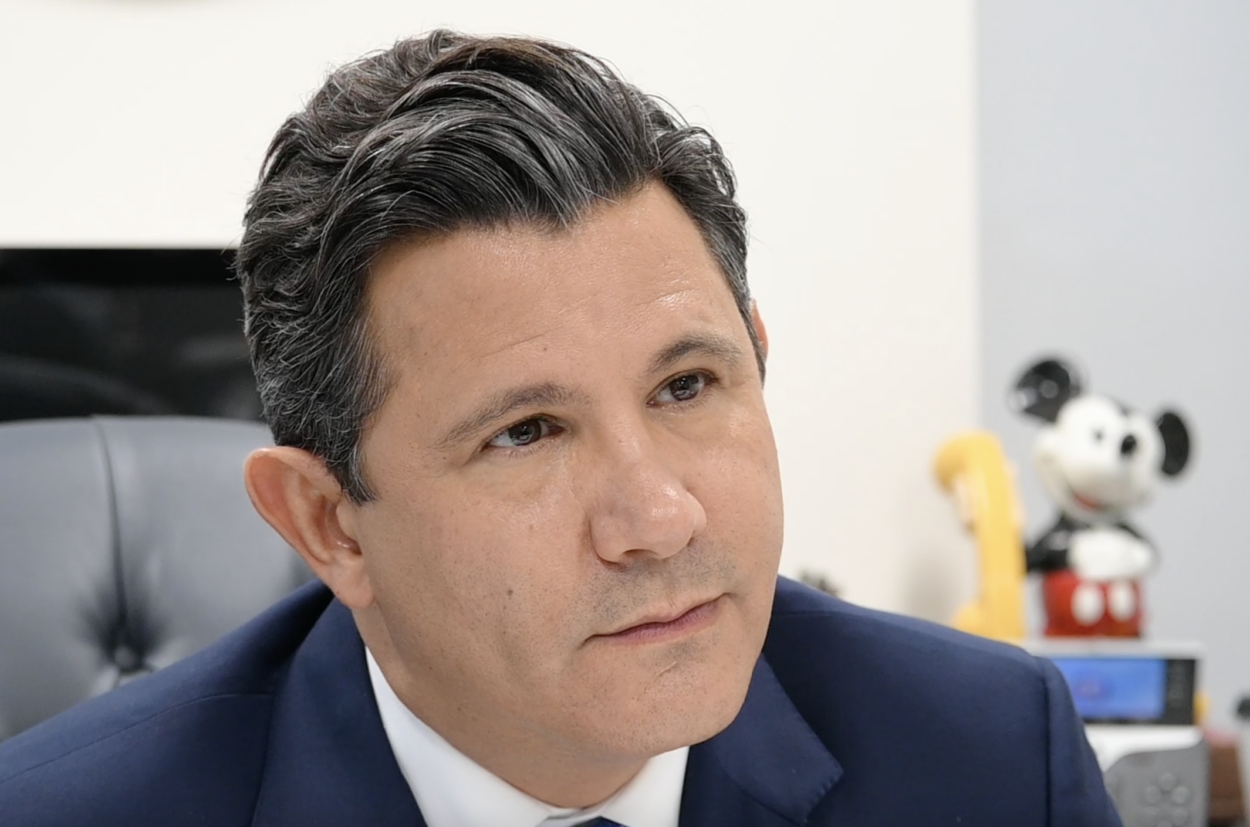Governor Ron DeSantis (R-FL) and the state Department of Education (DoE) excluded The College Board’s Advanced Placement (AP) African American Studies course for high school students, fueling the Democratic narrative that the Governor was racist against the Black community.
Gov. DeSantis and the state DoE found that the course “significantly lacks educational value,” but some, like Representative Debbie Wasserman Schultz (D-FL), have accused the DeSantis administration of attempting to whitewash history or control the educational standards in an authoritarian way.
This past weekend during a town hall meeting to bring awareness to Black History Month, Florida, Rep. Wasserman Schultz likened Gov. DeSantis’s move concerning the ban of the AP African-American studies to the idea that those who don’t learn their history are doomed to repeat it, as the saying goes.
After mentioning the notion that a fair percentage of Americans either deny the Holocaust or aren’t aware of its existence, Wasserman Schultz drew a comparison to African American history and the idea that if it’s not taught in the correct way, then we could “end up risking repeating the horrors of both slavery and discrimination and anti-Semitism.”
“And if we don’t teach those things in a granular way, like this AP History course would and like our state law should already teach, and if we don’t offer courses that allow students to go into that kind of depth, then the further out that this history recedes in our memories, and where we don’t have people who were present for those occurrences, then you end up risking repeating the horrors of both slavery and discrimination and anti-Semitism, and it’s an aspect, you know, ultimately resulted in the worst atrocity than man has ever seen,” stated Rep. Wasserman Schultz.
This kind of rhetoric is not new in the political landscape. Republicans have been crying foul about this sort of instance for a while now, specifically about what the education system should be teaching in terms of the understanding of things like communism and socialism, and whether Marxism should be taught in a negative, neutral, or positive light.
Those who are worried about how Marxism is lectured upon worry that the rise in socialism is due to a lack of education about the horrors of the topic.
Wasserman Schultz appears to be making the same case with African-American studies.










